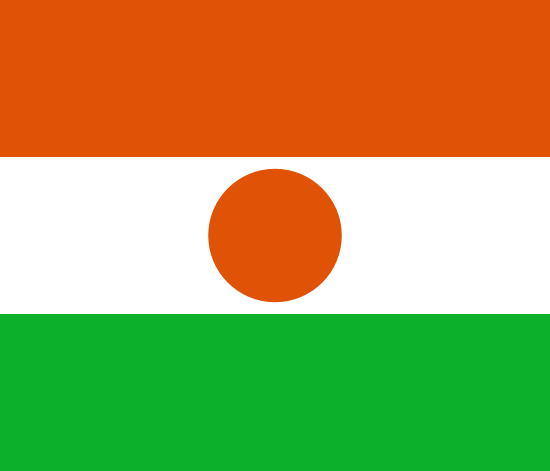
Health Insurance in Niger, Africa
Information expatriation
Capital City: Niamey
Total area: 1,267,000 km2
Population: 14,226,000
Money: Currency Converter
Time Zone: List of time zones by country
Calling Code: +227 XXX
Practical Information:
Health Product: Travel Insurance and Health insurance
Health Insurance information and Sanitary Risk: World Health Map
BLOG: Expat Health insurance Information
Here is a brief description of the healthcare system in the country:
· Niger has a primarily public healthcare system organized into health districts and regions. It aims to provide universal access but faces significant funding challenges.
· Care is provided through health centers, medical stations, district hospitals and regional hospitals of varying size and capacity.
· Facilities are sparse in rural areas and the country has only 1 doctor per 20,000 people on average.
· Maternal and child health services and infectious disease control are priorities given high rates of preventable illnesses.
· The system relies heavily on international aid and partners for financial and technical support.
· Private clinics supplement in urban centers but the rural poor cannot generally afford private care.
· Key issues include limited resources, poverty, lack of infrastructure, water/sanitation issues fueling disease spread.
· Communicable illnesses and childhood malnutrition exact a heavy toll without access to basic services.
· In summary, Niger's public system struggles to equitably meet health needs across its underdeveloped populace and vast desert terrain with low domestic spending. International aid plays a major role in basic service provision.
Here are some key health considerations for expatriates living in the country:
· Purchase comprehensive international medical evacuation insurance before arrival. Public services are very limited.
· Risk for infectious diseases like malaria, meningitis, etc. is high - strictly follow prevention protocols.
· Bring adequate supplies of any prescription medications needed. Availability is unreliable without major cities/facilities.
· Air evacuation may be the only option for serious issues given lack of infrastructure/specialists.
· Register with your embassy and have advance contingency plans for medical emergencies.
· Spanish/French language skills help maximize interactions given limited English-language capabilities.
· Rural isolation means self-evacuation may be required for remoteness emergencies until air support arrives.
· Water/food precautions apply given disease risks from consumption of unpurified sources.
· Extensive travel clearances required to move between some regions for security reasons.
